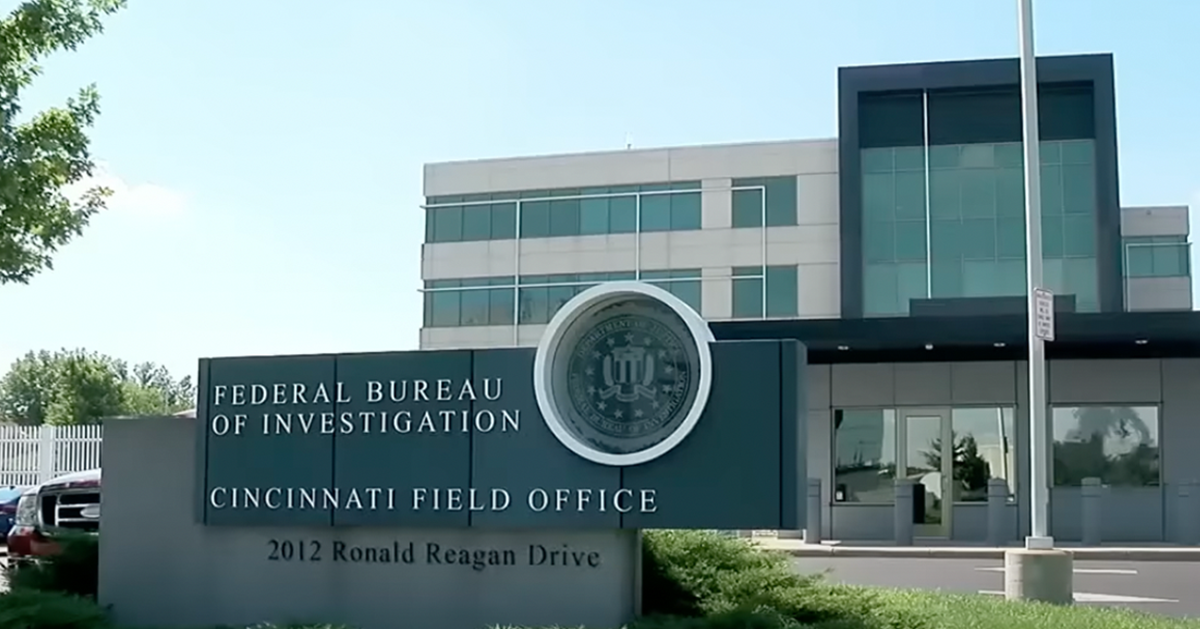Supreme Court Poised to Address Key Cases Impacting National Issues
The I.S. Supreme Court is opening its new term with a docket filled with pivotal cases expected to shape the future of American law.
The court's agenda includes significant matters regarding transgender rights, gun regulations, capital punishment, and workplace discrimination, each posing broad legal implications, as the Associated Press reports.
New Term Starts with Transgender Rights Case
On Monday, the Supreme Court begins hearing arguments on several major legal questions.
Among these is a challenge from the Biden administration and Tennessee families against a federal appeals court decision. The decision in question had upheld a state law banning gender-affirming healthcare for minors.
This case has garnered significant attention as it addresses the rights of transgender youth and the scope of state power in regulating medical decisions. Broader implications could arise on how similar cases are handled across the United States.
Another key issue on the docket is the regulation of ghost guns. The administration seeks to appeal a decision that struck down rules concerning firearms without serial numbers. This matter holds particular urgency given the increasing prevalence of untraceable weapons.
Challenges to Death Penalty and Gun Laws Continue
In the ongoing discourse concerning capital punishment, an unusual alliance has formed in Oklahoma. The state's Republican attorney general and death row inmate Richard Glossip are jointly requesting the reversal of Glossip's conviction. The case dates back to a murder-for-hire plot from 1977, spotlighting the procedural intricacies of death penalty cases.
A separate legal battle involves a provision of Texas law about age verification for accessing pornographic websites. The adult entertainment industry is contesting this provision after it was upheld by a federal appeals court, challenging the balance between state regulations and privacy rights.
Further complicating gun-related court issues, American gun manufacturers are contesting a lawsuit filed by Mexico. The $10 billion case accuses these companies of negligent practices contributing to cross-border violence.
Nuclear Waste Storage Faces Legal Scrutiny
The Nuclear Regulatory Commission is appealing to the court to restore licenses for new nuclear waste storage sites in New Mexico and Texas. These licenses were invalidated by an earlier federal court ruling, raising questions about the future of waste management and federal oversight.
In another workplace-related case, an Ohio woman is urging the court to reconsider her employment discrimination lawsuit. She argues state jobs were denied to her in favor of LGBTQ individuals, citing violations of federal law. This case could redefine the boundaries of anti-discrimination statutes.
The court will also tackle issues concerning flavored e-cigarettes. The FDA is attempting to reverse a ruling that permits the marketing of candy-flavored vaping products. These products have raised public health concerns, particularly regarding youth consumption and addiction.
Upcoming Decisions Expected to Influence Nation
The upcoming Supreme Court term promises to be one of the most influential in recent years. Each case presents unique questions that could significantly alter the legal landscape on key societal matters.
As the term progresses, legal experts and the public will closely watch how the court navigates these complex questions.
The decisions made will likely impact policies and set precedents that resonate across the country.
With such a diverse set of issues at hand, the proceedings underscore the court's role in addressing deeply contentious topics and balancing federal and state interests.
In conclusion, the Supreme Court is set to venture into multifaceted legal challenges, including transgender rights, ghost gun regulations, and issues concerning capital punishment and workplace equality.
The rulings on these cases could bring about major shifts in national policy and public debate.





